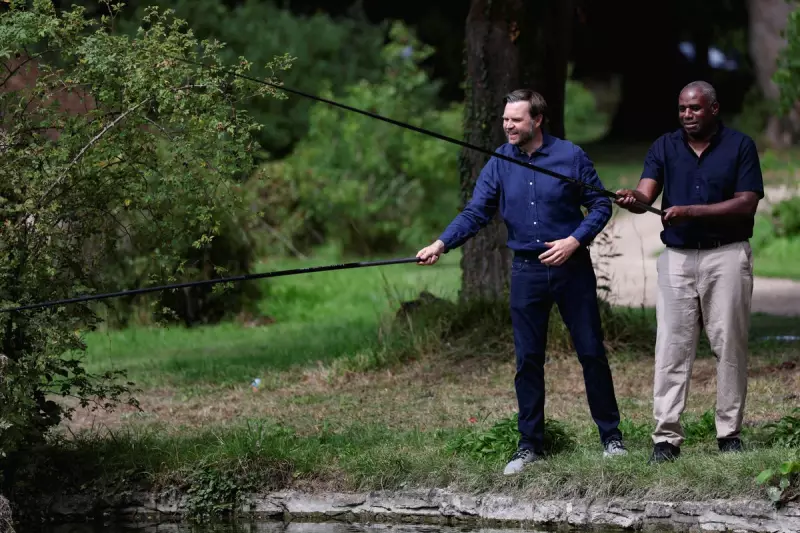
In a bizarre twist that blends diplomatic relations with countryside misdemeanours, Shadow Foreign Secretary David Lammy and US Senator JD Vance found themselves on the wrong side of the law during a visit to the UK's official diplomatic residence.
The pair were slapped with fines after being caught illegally fishing on the prestigious Chevening estate in Kent, a government-owned property typically used for high-level ministerial gatherings and diplomatic hospitality.
A Breach of Countryside Code
The incident occurred during what was intended to be a relationship-building exercise between the Labour frontbencher and the Republican senator, who was visiting the UK. Instead of formal discussions in drawing rooms, their exchange took an unexpected turn toward angling activities on the estate's private waters.
Chevening's management confirmed the infringement, stating that fishing on the property without proper permission constitutes trespassing. The estate, which dates back to the early 17th century, maintains strict rules regarding its grounds and waterways.
Political Repercussions and Reactions
The timing proves particularly awkward for Lammy, who as Shadow Foreign Secretary has been positioning himself as a serious statesman ready for government. Critics were quick to question the judgement shown in organising such an informal activity at a time of heightened political sensitivity.
A spokesperson for Lammy acknowledged the incident, stating: "David has paid the fine and understands the importance of respecting the rules of the estate." The response from Vance's office has been more muted, though the senator himself has previously expressed his enjoyment of fishing as a pastime.
The Significance of Chevening
The 115-room mansion and its 3,000-acre grounds are not merely a picturesque backdrop but serve as an important tool in Britain's diplomatic arsenal. Foreign secretaries regularly use the estate to host international counterparts in informal settings, making the breach of its rules particularly noteworthy.
This incident raises questions about the boundaries of informal diplomacy and the appropriate use of government facilities, especially during periods when official residences operate under careful management and protocol.
While the fines themselves are relatively minor, the symbolic importance of the incident has captured political attention, turning what might have been a private diplomatic meeting into a very public discussion about propriety and the rules governing Britain's official spaces.





